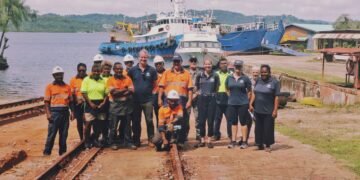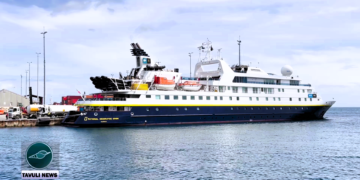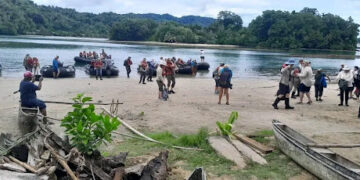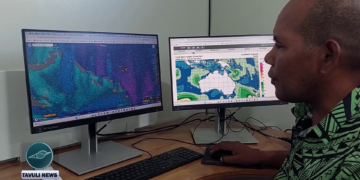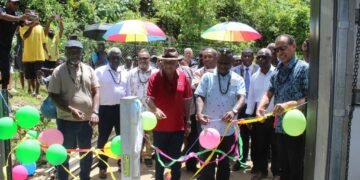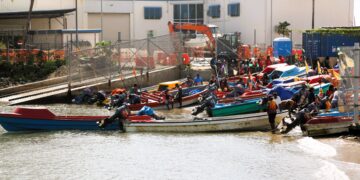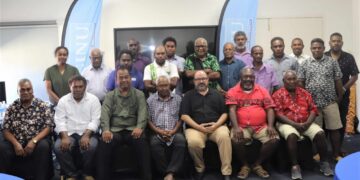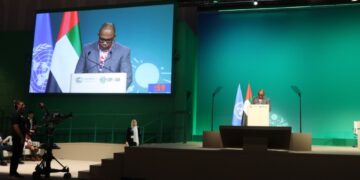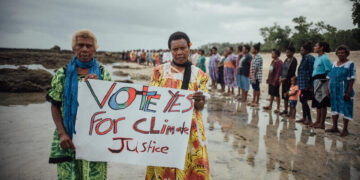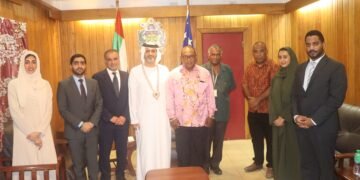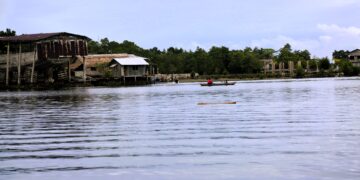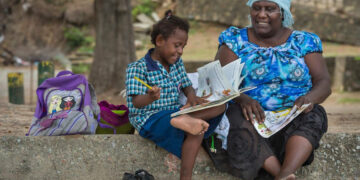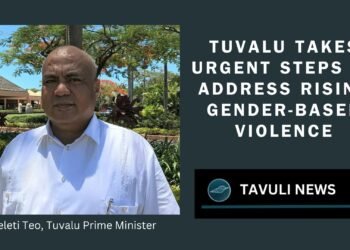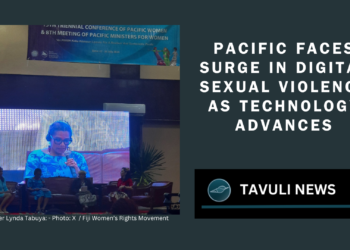The Pacific Economic Update recently published by the World Bank also focused on migration schemes, shedding light on their vital role in shaping the economic future of the Pacific region. While migration and remittances unquestionably contribute to the growth of economies in the Pacific, the report brings attention to a range of obstacles faced by Pacific Island workers who engage in these schemes.
One pressing issue that emerges is the strain faced by families left behind. The absence of migrant workers from their homes often results in an uneven distribution of domestic responsibilities, placing a disproportionate burden on the remaining family members, particularly women. This disparity in labor roles has a significant impact, potentially exacerbating existing gender inequalities. In places like Vanuatu, localized shortages of labor have been observed due to the absence of men, who are frequently engaged in physically demanding roles like construction and subsistence farming.
The impact of migration on family dynamics goes beyond just the economic sphere, with multifaceted consequences. Reports have highlighted marital breakdowns, suspicions of infidelity, and negative outcomes for children, including neglect and behavioral issues. These challenges are heightened when only a small number of women from a community take part in migration schemes, leading to unfavorable perceptions, moral judgments, and gossip.
Economic implications are also evident, as male workers sometimes misuse their earnings on alcohol, resulting in lower savings upon their return compared to their female counterparts who prioritize their families. To address these challenges, the World Bank report recommended improved pre-departure briefings, enhanced access to information and support services, and the flexibility for workers to change employers if needed. The adaptability of retirement accounts to move with workers and the integration of temporary migration programs into broader migration policies of host countries are also recommended.
Australia’s International Development and Pacific Minister, Pat Conroy, in his recent visit to Solomon Islands acknowledged the hardships faced by Pacific Island workers, including Solomon Islanders, particularly concerning their contractual obligations. In an exclusive interview with Tavuli News he said there might be instances where workers have been misled, causing them to make decisions that deviate from their agreements.
Migration and remittances have long been integral components of the Pacific’s economic landscape. They offer avenues for employment and income generation, enabling Pacific Islanders to provide support for their families and local communities. Nevertheless, the World Bank report emphasizes that these schemes bring about intricate challenges, particularly affecting the lives of those who leave their homes in search of work opportunities.
Source: World Bank














